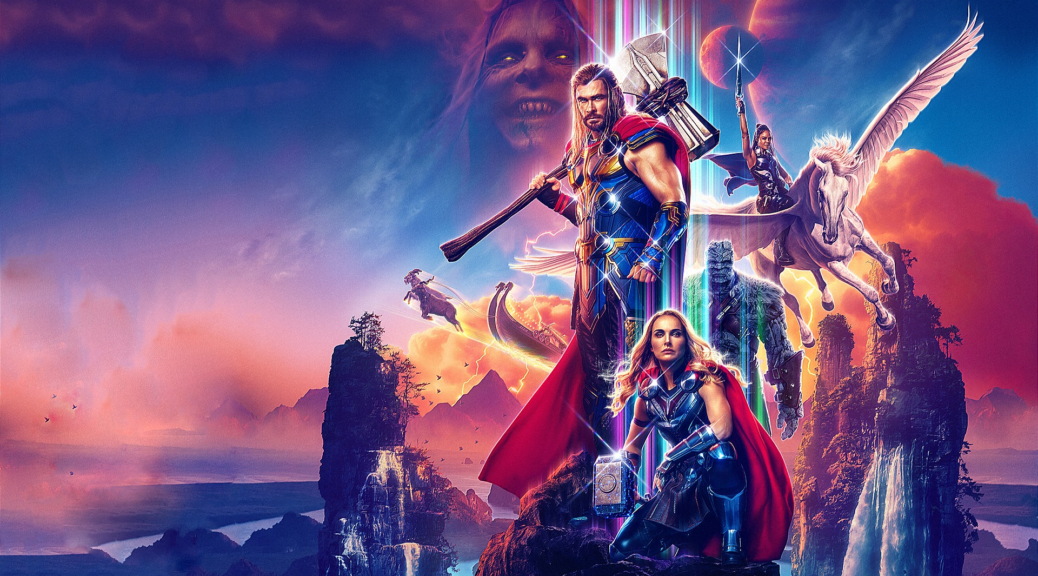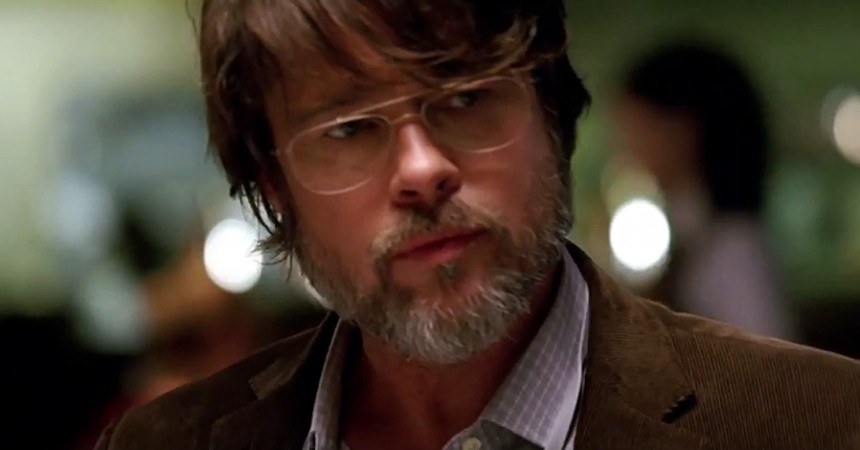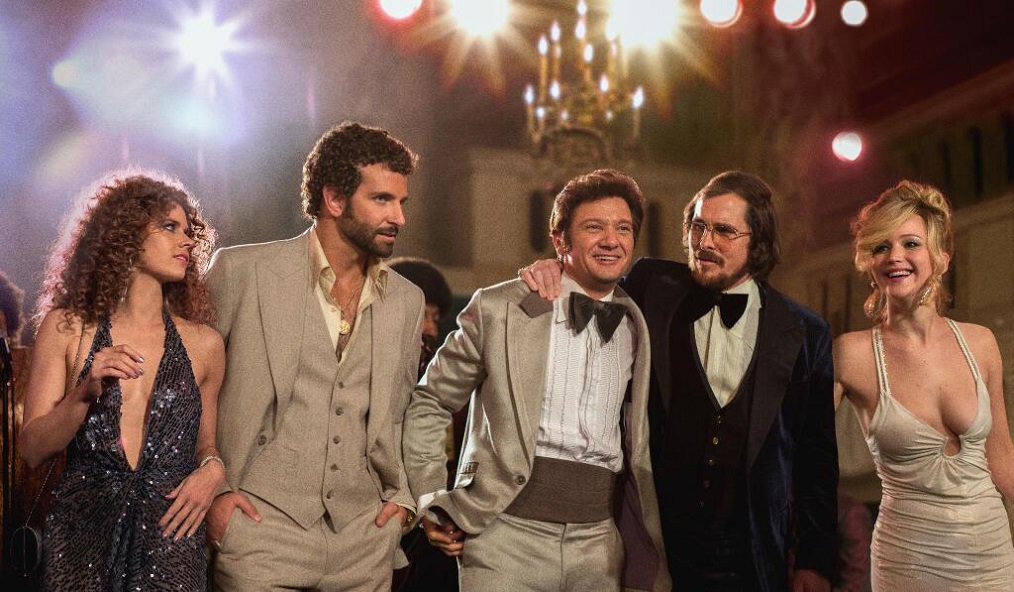Amsterdam
by George Wolf
Holy Schnikes, look at this cast. From the leads to small supporting roles, Amsterdam is loaded with Oscar winners, Oscar nominees, living legends, critical darlings and even one of biggest pop stars in the world.
And while Taylor Swift equates herself just fine, it’s the endless stream of veteran screen talent that keeps David O. Russell’s historical dramedy from collapsing much earlier than it actually does.
In the 1930s, Doctor Burt Berendsen (Christian Bale) and attorney Harold Woodman (John David Washington) are sad to hear of the passing of their former Army CO, General Bill Meekins (Ed Begley, Jr.). But Liz Meekins (Swift) is suspicious of her father’s death, and she pleads with Burt for the quick, secretive autopsy that ends up suggesting murder.
And that leads to an actual murder, with Burt and Harold on the run as the prime suspects, until Burt’s voiceover narration takes us back to 1918, when the two friends first met in the war that was supposed to end all wars. Both men suffered disfiguring injuries, and treatment from feisty nurse Valerie (Margot Robbie) spawns a deep friendship that fate rekindles in the 30s.
While Burt and Harold try to stay one step ahead of two detectives on their case (Matthias Schoenaerts and Alessandro Nivola), Valerie helps them try to connect the many dots that point to a shocking and dangerous conspiracy,
This is writer/director Russel’s first feature since 2015’s Joy, and it’s pretty clear the in last 7 years he’s developed a healthy respect for both Wes Anderson and Rian Johnson. Russell builds the whodunnit with criss-crossing layers of intrigue that recall Knives Out, and populates it with a sea of characters sporting detailed, Anderson-esque eccentricities.
And from Bale, Robbie and Washington, to Michael Shannon, Anya Taylor-Joy, Rami Malek, Andrea Riseborough, Timothy Olyphant, Zoe Saldana and more, the sheer fun of watching these marvelous actors dig in keeps you invested until you realize this should all be headed somewhere, shouldn’t it?
It should, and it eventually does, as Robert DeNiro’s General Gil Dillenbeck pulls the film into a retelling of the “Business Plot” conspiracy of 1933. And that’s when the levee of heavy-handedness breaks.
Russell impressed with a series of tonally assured films (Three Kings, I Heart Huckabees, Silver Linings Playbook, American Hustle) before the gimmickry of Joy. While the narration here is less distracting, once Russell pairs it with DeNiro’s speechifying, the lack of restraint is disappointing. There are valid points to be made about history repeating itself, but Russell doesn’t trust us to figure them out for ourselves.
Regardless of how much you already know about the Business Plot conspiracy, Amsterdam will give you an interesting history lesson. And if you laugh at the way your drunk uncle fills a straightforward story with rambling anecdotes after Thanksgiving dinner, then it will be an entertaining one, too.









